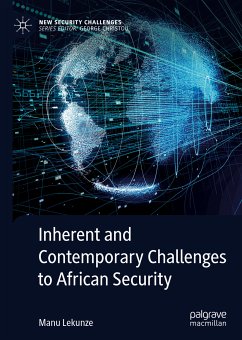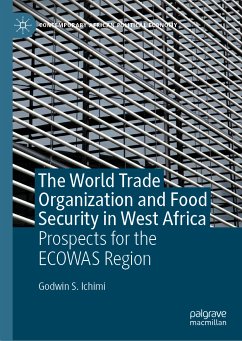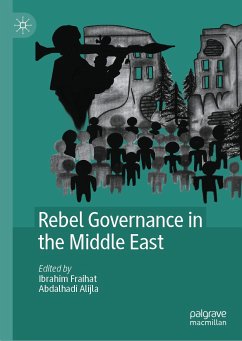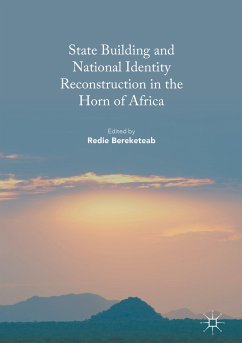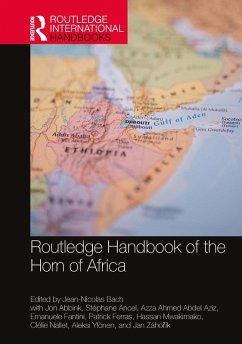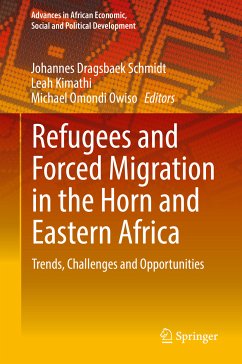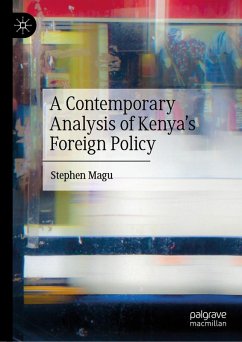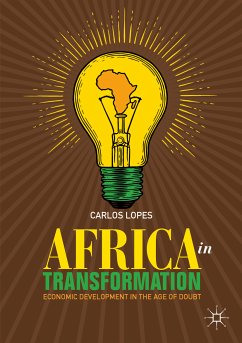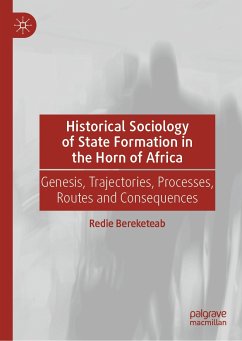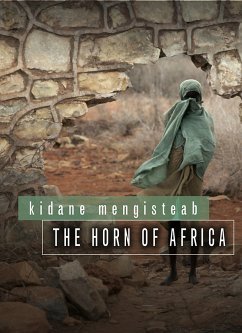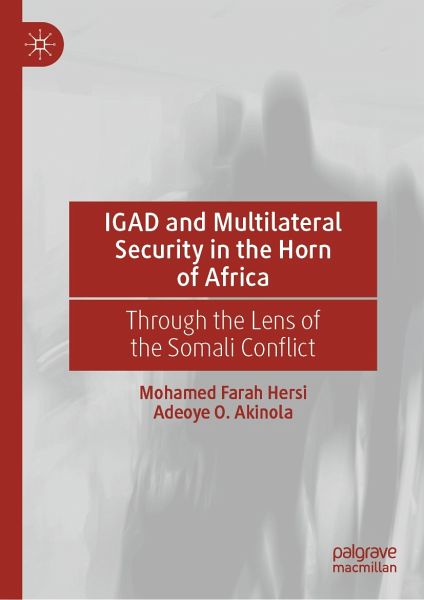
IGAD and Multilateral Security in the Horn of Africa (eBook, PDF)
Through the Lens of the Somali Conflict
Versandkostenfrei!
Sofort per Download lieferbar
96,95 €
inkl. MwSt.
Weitere Ausgaben:

PAYBACK Punkte
48 °P sammeln!
This book offers an insightful and comprehensive exploration of the Inter-Governmental Authority for Development (IGAD) and its endeavours to foster economic and security regionalism in the dynamic landscape of the Horn of Africa. Established in 1986 as a drought-focused inter-governmental organization, IGAD has transformed into a sub-regional institution with an ambitious vision of promoting regional integration. However, amidst optimism, it grapples with historical, strategic, and geographical complexities that impede progress towards a more unified Horn of Africa. Adopting a political econo...
This book offers an insightful and comprehensive exploration of the Inter-Governmental Authority for Development (IGAD) and its endeavours to foster economic and security regionalism in the dynamic landscape of the Horn of Africa. Established in 1986 as a drought-focused inter-governmental organization, IGAD has transformed into a sub-regional institution with an ambitious vision of promoting regional integration. However, amidst optimism, it grapples with historical, strategic, and geographical complexities that impede progress towards a more unified Horn of Africa. Adopting a political economy approach, the book critically dissects IGAD's role in shaping the zone's security and development. Employing multidisciplinary case studies, it unveils the reality of IGAD's efforts, providing a comprehensive understanding of its strengths and limitations. The book further applies neorealist and regional security complex theories, delving into the roles of states and non-actors, meticulously assessing IGAD's security agenda with Somalia as a focal point. This thought-provoking analysis brings to light the challenges and opportunities for sustainable regional integration. Beyond its academic significance, this book serves as a practical resource, offering sustainable policy templates to bolster regionalism and quell armed insurrections and inter-state conflicts within the Horn. Furthermore, it interrogates the geopolitics of the region, scrutinizing the involvement of foreign powers like the US and China, alongside regional giants like Ethiopia, in IGAD's security and economic aspirations. For researchers, policymakers, and stakeholders devoted to the Horn of Africa's development and reconstruction, this book proves to be an invaluable asset. It fills a significant void in existing literature, providing vital insights into African political development, peace, security, and security sector reforms.
Dieser Download kann aus rechtlichen Gründen nur mit Rechnungsadresse in A, B, BG, CY, CZ, D, DK, EW, E, FIN, F, GR, HR, H, IRL, I, LT, L, LR, M, NL, PL, P, R, S, SLO, SK ausgeliefert werden.



